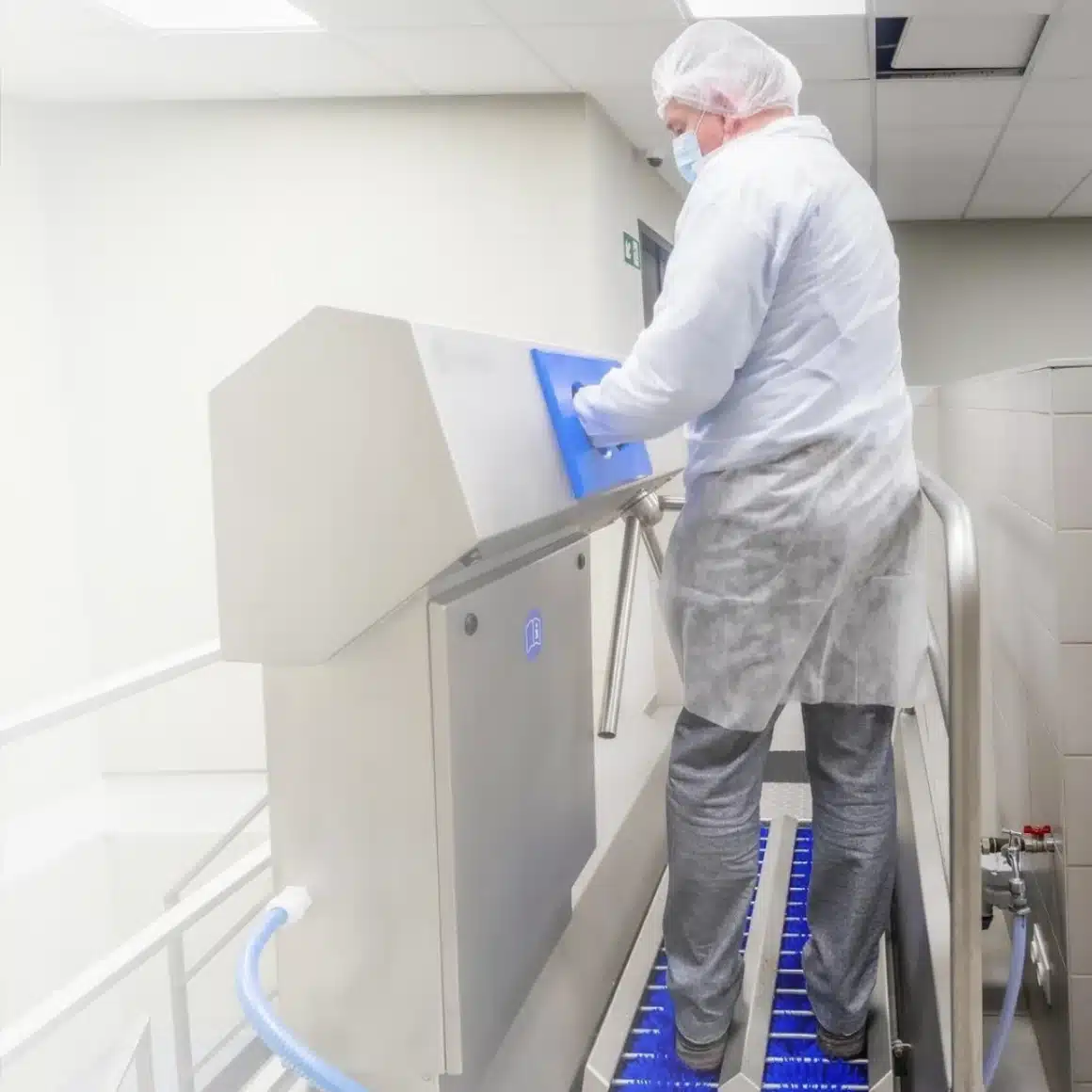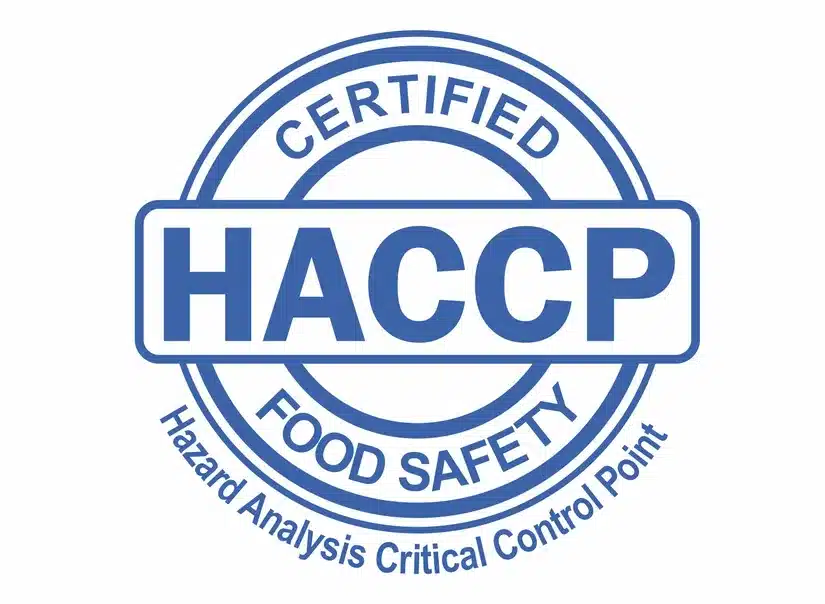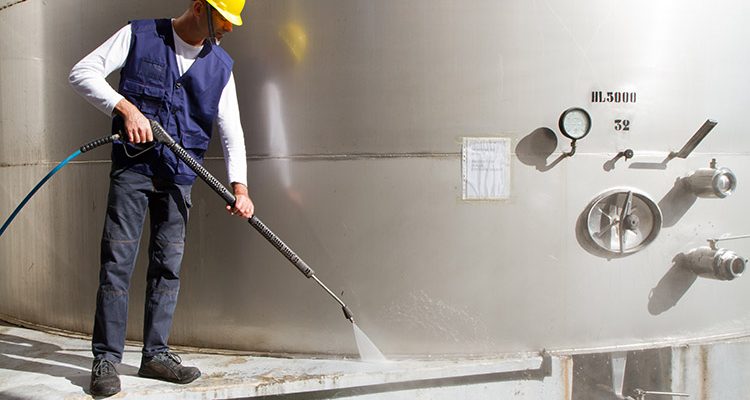Sanitation in Businesses: Key Principles for a Healthy Work Environment
Sanitation in businesses plays a crucial role in preserving the health of employees and customers, ensuring food safety, and maintaining workplace hygiene. Effective sanitation practices are not only a legal requirement but also a critical factor for the reputation and success of a business. Here, we explore the importance of sanitation in businesses and also its fundamental principles:
Importance of Sanitation:
1.Health and Safety:
- Adequate sanitation practices in businesses are essential for safeguarding the health of employees and customers.
- A clean work environment prevents the spread of infectious diseases and enhances overall workplace safety.
2.Food Safety:
- Especially in the food industry, adhering to hygiene standards is paramount for ensuring food safety.
- Compliance with cleanliness rules helps prevent foodborne illnesses and enhances customer trust.
3.Reputation and Customer Satisfaction:
- A clean business fosters customer satisfaction and besides it strengthens the reputation of the establishment.
- Customers prefer businesses that prioritize hygiene standards, leading to positive experiences.
4.Employee Productivity:
- A clean workspace contributes to the health and motivation of employees.
- This, in turn, boosts productivity and creates a positive atmosphere in the workplace.
Fundamental Sanitation Principles:
1.Cleaning and Disinfection:
- Regular cleaning and disinfection of surfaces, equipment, and work areas prevent the spread of microorganisms.
- It is essential to clean and disinfect at regular intervals.
2.Training and Awareness:
- Providing employees with training on proper sanitation procedures is crucial.
- Informed staff members are more likely to adhere to hygiene standards and be more sensitive to cleanliness issues.
3.HACCP Principles:
- In food establishments, the implementation of Hazard Analysis and Critical Control Points (HACCP) principles is essential.
- This risk management system ensures food safety through identified critical control points.
4.Personal Hygiene:
- Paying attention to the personal hygiene of employees is vital.
- Practices such as regular handwashing, wearing appropriate attire, and adherence to health rules prevent the spread of microorganisms.
5.Waste Management:
- Proper and hygienic waste management is crucial for maintaining cleanliness in the business.
- Waste containers should be emptied regularly, and waste should be disposed of appropriately.
Sanitation in businesses goes beyond fulfilling regulatory requirements; it is a critical element for customer trust, employee health besides the overall success of the business. Establishing an effective sanitation policy and adhering to these principles ensures the long-term success of businesses.
Have you received enough information about ‘Sanitation in Businesses: Basic Principles for a Healthy Working Environment’? qualiqo is here to help you. It answers your questions about sanitation and hygiene, Lab. & EMP, IPM and Pest Control. We also provide information about the main features and benefits of the software. We help you access the Qualiqo demo and even get a free trial.













